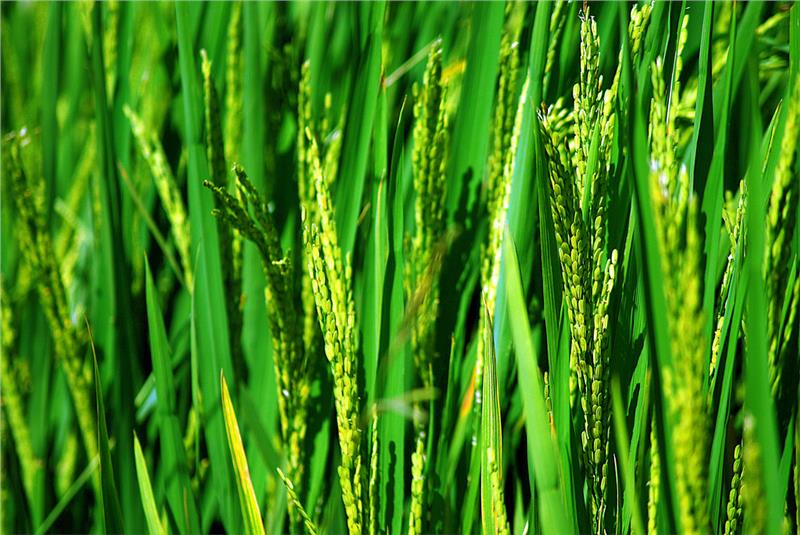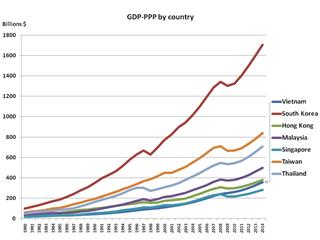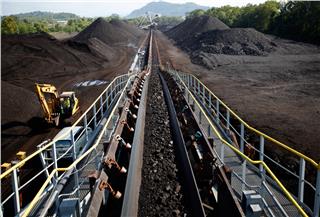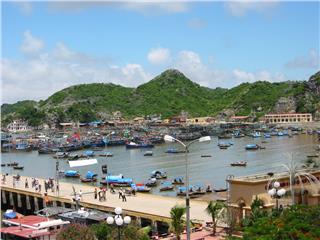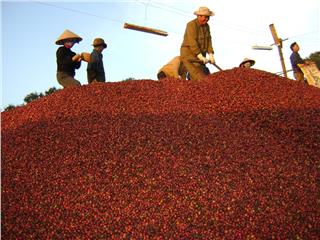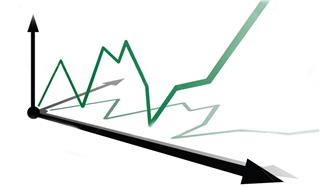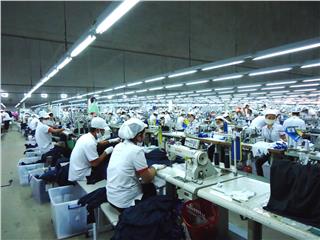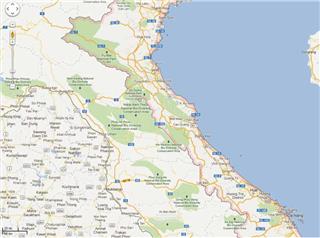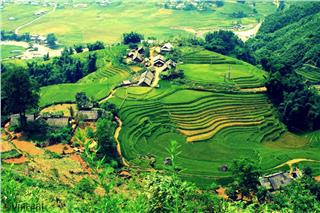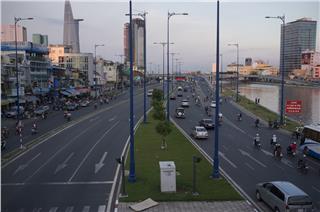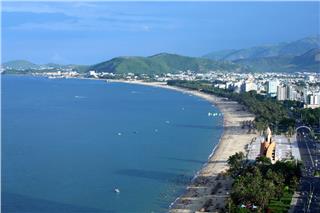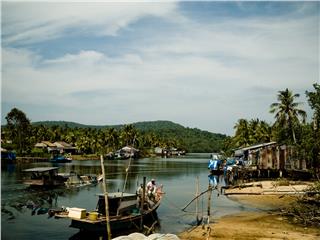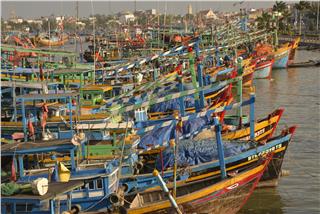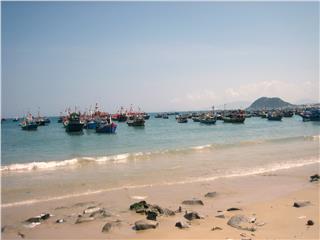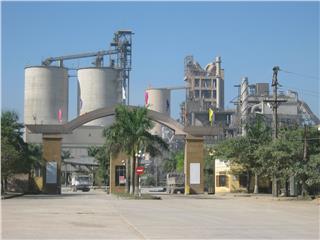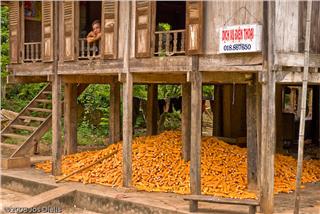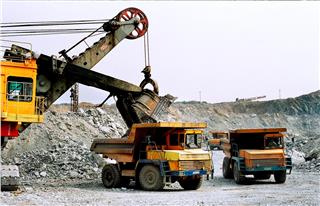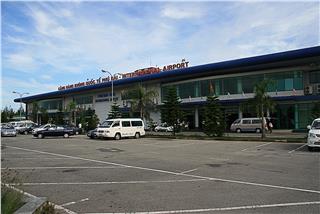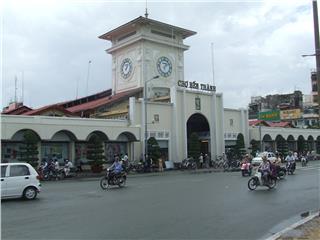With advantages of great natural resources, Vietnam is one of the fastest developing country getting started from agriculture. Agriculture in Vietnam is one of the spear economic sectors in Vietnam, mainly contributing the economic development of Vietnam.
Agriculture is one of important Vietnam economic sectors. Currently, economic development depends much on agriculture. In 2009, the value of agricultural output reached 71.473 trillion (compared with 1994’s price), increased by 1.32% in comparison to that in 2008, and accounted for 13.85% of the total domestic product. The gravity of agriculture in the economy declines in recent years, while other economic sectors increase. The contribution of agriculture in creating jobs is greater than its contribution in Vietnam GDP. In 2005, approximately 60% of the workforce was employed in Vietnam agriculture, forestry, and fisheries. Agricultural production accounts for about 30% of exports in 2005. The liberalization of production in agriculture, especially rice production in Vietnam helps Vietnam be the world leading country of rice exporter (in 2013). The other important agricultural products are coffee, cotton, peanuts, high rubber, sugar, and tea.
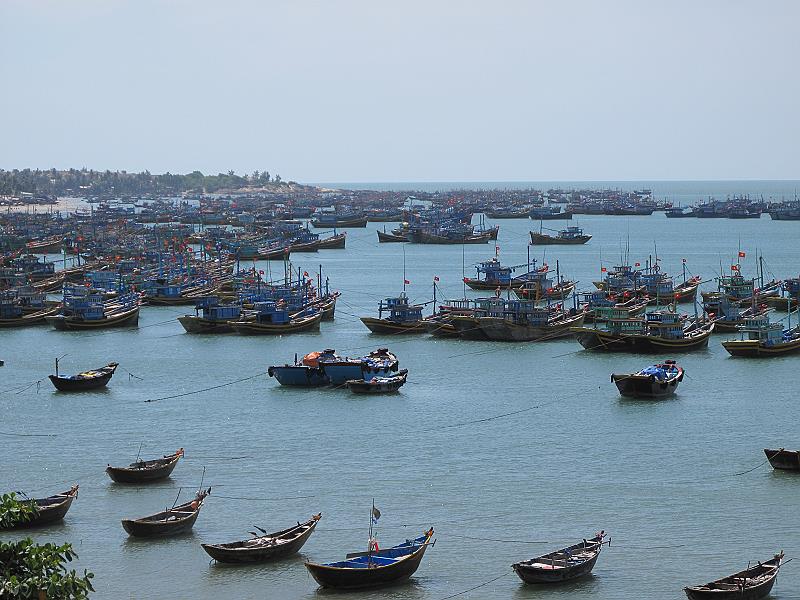
Vietnam has great advantages to develop comprehensively. Natural conditions and resources allow Vietnam to develop a tropical agriculture. With a tropical climate, differentiation in North – South direction and terrain’s height affect the fundamental and seasonal structure of agricultural products in Vietnam. Differentiation in conditions of topography and soil both allows and requires the application of different cultivation in regions. In the midland and mountainous areas, strengths are perennials and large livestock. In plains, short crops, intensive cultivation, and aquaculture are main fields. With the nature of tropical natural monsoon, Vietnam always has to struggle for disasters, plant pests, and diseases. Vietnam is increasingly exploited effectively characteristics of tropical agriculture. Groups of plants and animals are distributed in accordance with the agro-ecological zones. The structure of the seasonal changes is important in structure of Vietnamese agriculture. Seasonality is better exploited by promoting transportation, widely applying advances of processing and storage Vietnam agricultural products. Exports of agricultural products (rice, coffee, rubber, fruits) are promoted significantly.
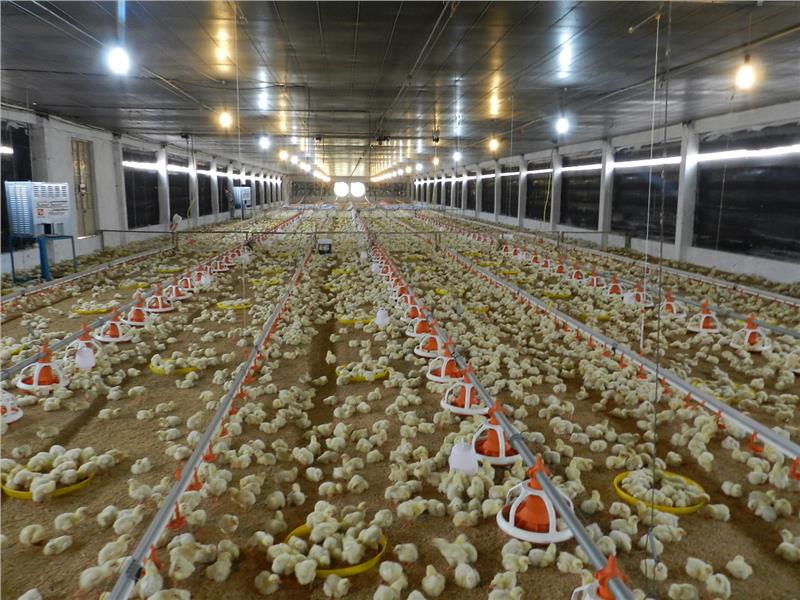
To develop agriculture of Vietnam, modern agriculture of producing commodity contributes greatly to increase the efficiency of tropical agriculture. Nowadays, in Vietnam agriculture, agriculture autarky exists in parallel with traditional production, agriculture commodities, and modern technology. The agriculture autarky is changing to agriculture commodities. During the period, characteristics of this economic form are small-scale production, simple working tools, main labor force, and low productivity. Besides, smallholder agriculture is autarkical (each locality produces many kinds of agricultural products, and most products are consumed on spot). In addition, the kind of production is popular in many regions in Vietnam economy. Production is oriented towards agriculture commodities with intensive cultivation and specialization to boost productivity, using more machinery, agricultural materials, new technologies (pre-harvest and post-harvest), and agriculture associated with industrial processing and agricultural services. Currently, Vietnam economic development in rural areas is changing significantly. Agricultural operation is major part of rural economy. Agricultural economic sector in rural area includes agriculture, forestry, and fisheries. Non-agricultural operations consist of industry, construction and services which account for greater part in rural economy. Vietnam economy in rural area consists of many economic elements: agriculture – forestry – fishery enterprises, collectives, households, and plantations.
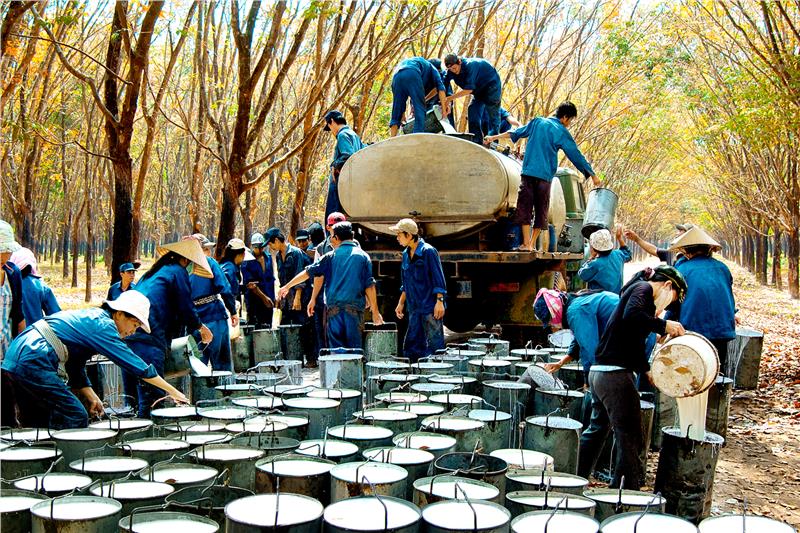
It is known that agriculture remains the great advantage of Vietnam, given internally in the agreement of Trans-Pacific Partnership (TPP). Accordingly, only Vietnam and Malaysia are two tropical agricultural country, but Malaysia only produces a few products such as rubber and palm oil. Therefore, Vietnam is the only agricultural country in the TPP. With approximately 70% of population are farmers, Vietnam always appreciates the importance of issues related to farmers, agriculture and rural development. Vietnam economy over the past 20 years after Doi Moi Reforms (1986-2008) has achieved many positive achievements.
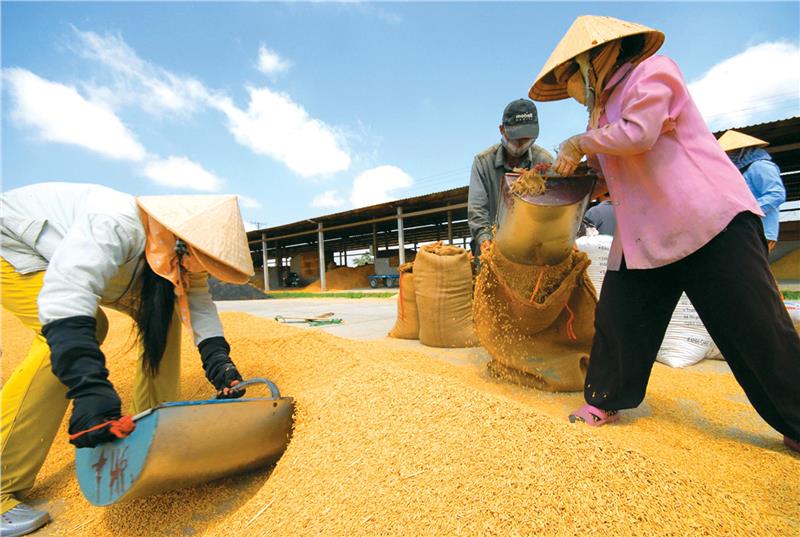
In 1989, the first yields surpassed 20 million tons, exported 1.4 million tons of rice with the turnover of US$ 310 million. By 2007, the food production reached 39 million tons and exported 4.5 million tons of rice with the turnover of US$ 1.7 billion. Over the past decade, Vietnam has become one of the largest rice exporter in the world. Average GDP in agriculture sector annually increases of 3.3%; income and people's living standards are improved, the poverty rate in rural areas decreases by 1.5% per year; rural areas change towards civilization; levels of culture, science, engineering, many farmers are raised higher than before.
Currently, agriculture of Vietnam is developed in both quantity and quality to meet the demand of global market. Vietnamese government also encourage agricultural to participate in international fairs more to promulgate the quality of Vietnam agricultural products to the whole world. This is considered a main target of Vietnam agriculture. At the same time, roles of associations of coffee and rice are highly appreciated. In the context of integration, Vietnam increasingly defines its strategic role in world agriculture. Although, there are many difficulties ahead, with the non-stop efforts, Vietnam agriculture will catch its chance, have flexible, creative methods in the near future to develop endlessly.
